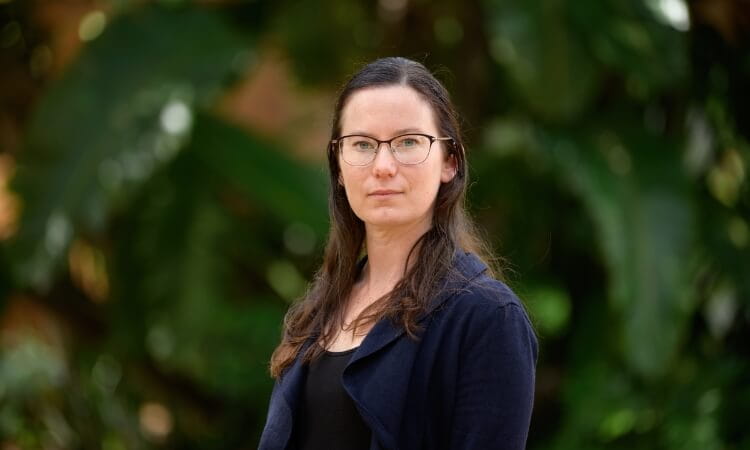This climate variability is increasing and in turn, making it harder for farmers and communities to manage and survive these climate patterns.
Droughts have devastating effects worldwide, not only on farmers but also on communities.
That is why UniSQ has partnered with the Department of Agriculture and Fisheries (DAF) and the Department of Environment and Science (DES), to form the Queensland Drought Mitigation Centre (QDMC).
The QDMC offers a range of decision support tools to help producers adapt to both the current climate and to a changing climate, so they can prepare more effectively and become more resilient to droughts.
These tools will assist farmers with decisions such as when to destock in times of potential drought, which crop variety to sow or how to better manage feedlots and trading systems.
UniSQ researchers, from the Centre for Applied Climate Sciences (CACS), have been analysing climate data and especially working with ‘dynamical general circulation models’, linking with leading international climate modelling centres, to identify future long term patterns and links with critical climate drivers such as El Nino, La Nina and other key systems.
This climate science is helping provide the data behind the QDMC’s decision support tools, to assist farm managers use improved seasonal forecasts in their planning, along with providing advice on climate change projections at regional levels and advising how to adapt to the changing climate.
CACS researchers, including Professor Roger Stone, are focussing on climate research to develop integrated climate, agricultural, insurance, and water resource models to provide stronger predictive capability for regional agricultural, water planning and environmental management.
Climate plays such an integral role in the Australian farming industry, so UniSQ will continue to lead climate research that helps inform management practices, to assist farmers and agribusiness better prepare for extreme weather and climate events.



